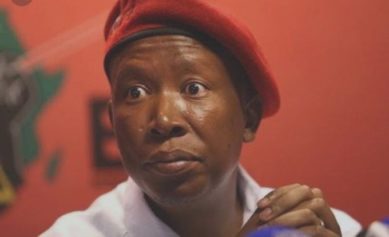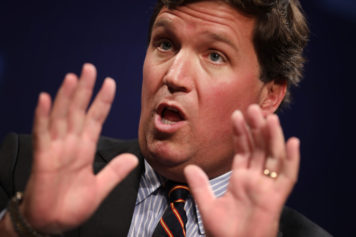South African is set to provide US$2 billion to the International Monetary Fund’s war chest, but this has riled trade unions who say the country has more pressing problems.
The ruling ANC, opposition DA and economists welcomed the news but trade unions are outraged.
President Jacob Zuma made the announcement in Mexico at the G20 summit in Los Cabos, saying it was to help “avoid further global instability”.
“We believe that South Africa, as a member of both the United Nations and the G20, has an obligation to join hands with the rest of the world in averting a repeat of the last global economic meltdown,” Jackson Mthembu, ANC spokesman said.
Europe is South Africa’s largest trading partner and the African country’s finance minister has warned that the Euro crisis would have severe negative impact on the nation.
The Presidency was also quick to point out that the US$2 billion commitment was not “a gift but a sound financial investment”.
Spokesperson, Mac Maharaj said it was also “critical to keep the rand stable” and other countries like India, Brazil and China were pledging much more to the IMF.
Maharaj said the money would be paid back.
“We are supportive of the explanation of President Zuma that resources will be made available for the whole membership of the IMF and not earmarked for any particular region,” Maharaj continued.
Trade union federation, Cosatu says the country should be a beneficiary rather than a contributor to the world’s lender.
“The decision must be reversed and the US$2 billion used to alleviate the plight of the poorest South Africans and to invest in the restructuring of our economy,” Cosatu’s Patrick Craven said.
Economist, Chris Gilmour welcomed Zuma’s pledge and said it was the right thing and makes sense to pitch in.
According to media reports, at least US$430 billion had been set aside to stave off the risk of another financial crisis and IMF members could access the funds through a temporary loan, with conditions.
Source: The Africa Report


